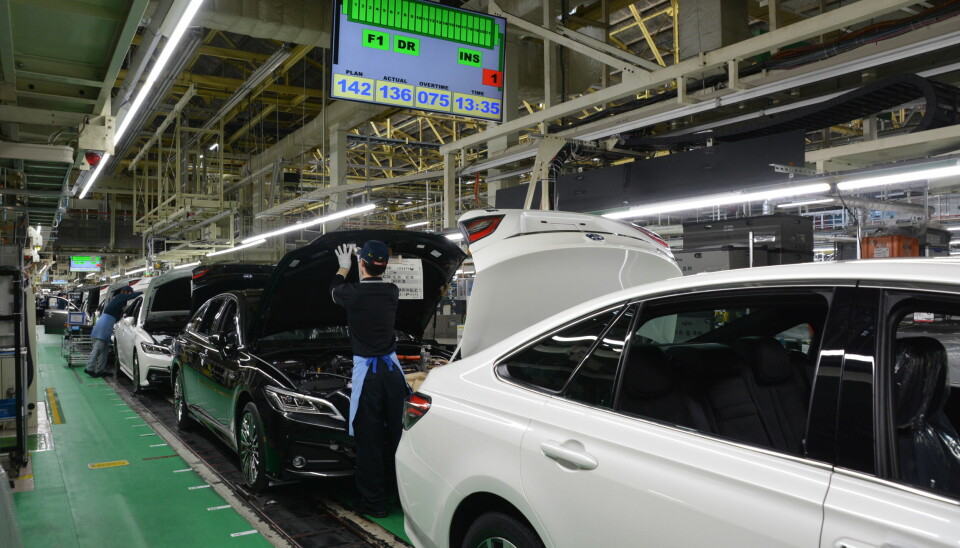The Resilient Automaker
Toyota to build "plant of the future" in Japan amidst tariff turbulence

Toyota has announced plans to acquire land to build a new vehicle manufacturing plant in the Teihoucho area of Toyota City in Aichi Prefecture, Japan.
The plant is due to begin operations in the early 2030s, according to the OEM, with production models made there to be determined in the future. The plant is still pending stakeholder cooperation, including that of the local communities.
The move aims to maintain production capacity of 3m vehicles in Japan, as well as create a “plant of the future”, the carmaker said.
Interestingly, Toyota is still forging ahead with investment despite the impact of the US tariffs, which set a rate of 15% on imports from Japan. It follows Toyota’s profit warning, issued August 7, where the OEM downgraded its full-year profit forecast, expecting a ¥1.4tn ($9.5bn) hit from the US tariffs, considerably more than estimated for GM ($5bn) and Ford ($3bn). In its financial results, Toyota said: “Despite the challenging external environment, we have continued to make comprehensive investments as well as improvements such as increasing sales volume, cost reductions, and expanding value chain profits, thereby minimising negative impacts.”
On the logistics side, Japan’s trade deal with the US - although not finalised yet - includes reducing vehicle imports and automotive parts imports from 27.5% to 15%, which the US president Donald Trump said was “perhaps the largest deal ever made”.
As part of the deal, Japan pledged to invest $550bn in the US, which US treasury secretary Scott Bessent said would fund major projects in the country.
The framework agreement means that Japanese carmakers have the upper hand by moving cars from Japan directly to the US, rather than importing from nearshoring countries like Mexico or Canada where, Japanese carmakers have significant production and where tariffs are at least 25%. Toyota is among many Japanese carmakers like Nissan, Honda and Mazda that have facilities in Canada and Mexico.
Production localisation for enhanced resilience
Beyond tariff mitigation, this investment in a new overseas plant highlights a broader strategy by Toyota to reshape its global manufacturing and supply chain footprint. The carmaker is actively pursuing a "multi-pathway" approach to navigate the shift towards electrification, which includes investing heavily in EV battery production in both Japan and the US. This localisation of component manufacturing is also crucial for creating more resilient supply chains, especially in an environment of ongoing geopolitical tensions and the rising demand for electric and hybrid vehicles.
By manufacturing batteries and other key components closer to where vehicles are assembled, Toyota can reduce its exposure to international trade disruptions, logistical challenges, and the fluctuating costs associated with long-distance shipping, towards the creation of a more stable and efficient operational model.






